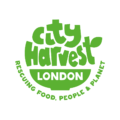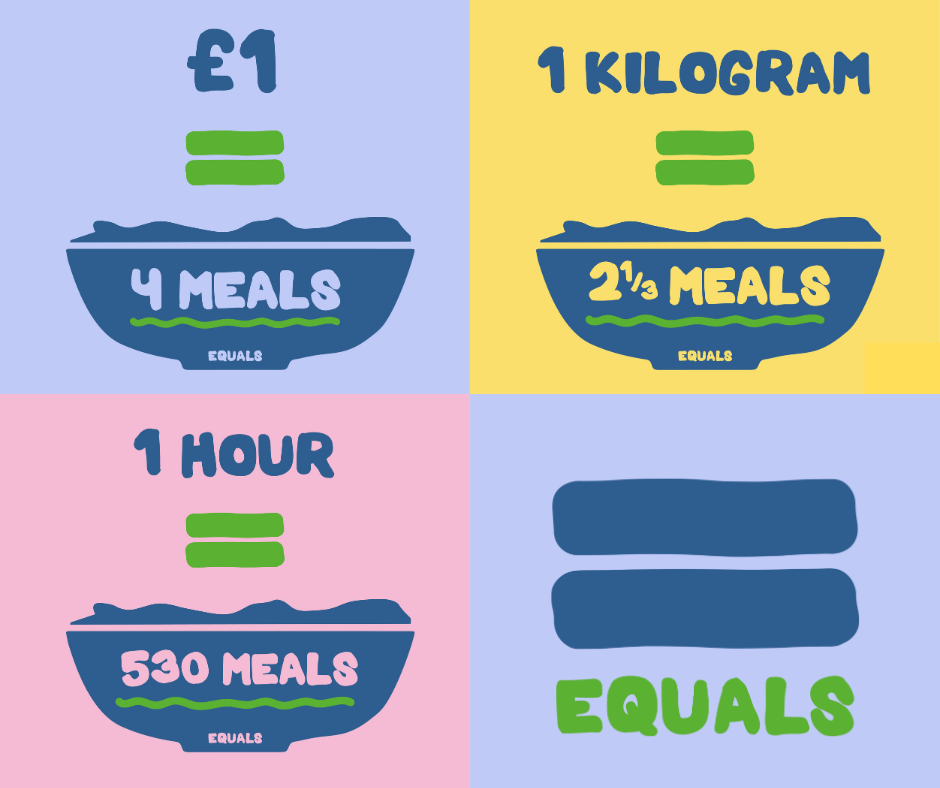The path to net zero: paving the way for sustainable business
One of the UK’s first B-Corps, Cotswold Fayre has been diverting surplus speciality and fine foods via City Harvest’s sustainable solution to food waste since 2018.
The premium wholesaler, working with its third-party logistics partner in Synergix, is now on a mission to reach net zero by 2030 and talks to City Harvest about how the partnership helps Cotswold Fayre meet its ambitious sustainability goals.
“The data City Harvest sends us, particularly about carbon removal, is something we’ve also put in our impact reports.”
An example of City Harvest x Cotswold Fayre social and environmental impact report:

Cotswold Fayre’s Environmental Strategy is based on 4 key pillars:
Carbon (CO2e)
Reduce emissions in line with scientific development and achieve Net Zero by 2030.
Supply Chain
Consistently improve supplier sustainability and responsible behaviours.
Food Waste
Measure and reduce food waste and ensure all surplus stock is donated to charities like City Harvest.
Plastic
Take responsibility for all plastic used and reduce value chain footprint.
“It’s an absolute no-brainer for us to do this. We have a plan to get to net zero by 2030.”
“The data City Harvest sends us, particularly about carbon removal, is something we’ve also put in our impact reports. Some contracts are now reliant on getting good data from the potential suppliers, but there’s a genuine desire to be better for the planet, so anything like that is massively helpful.”
“The triple bottom line is something that we’re very conscious of working for not only profit, but people, the planet and the community. To have more and more of our suppliers following a similar path with similar values makes it all easier.”
Your Sustainable Solution to Surplus
City Harvest rescues food, for free, from all parts of the UK food industry, and delivers it to 375+ community partners across London. Take action against food waste and food poverty today by sustainably diverting your surplus.


